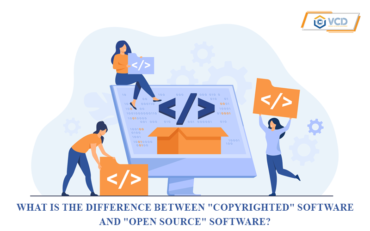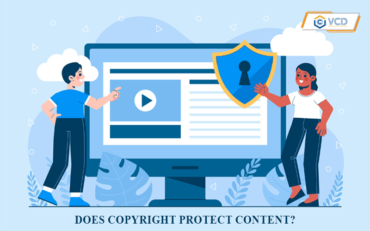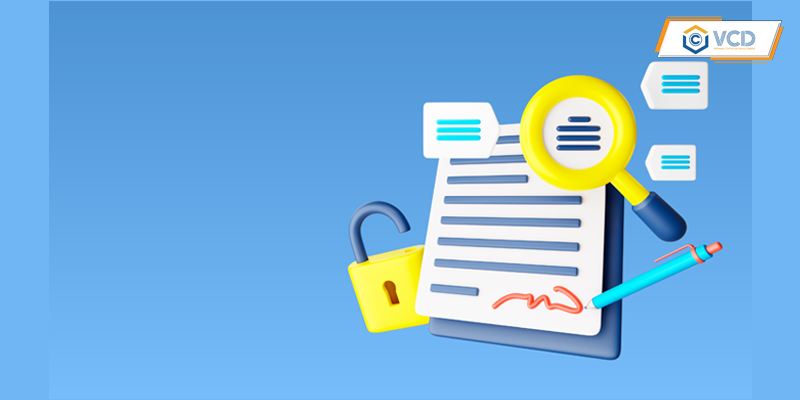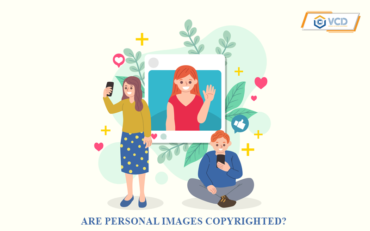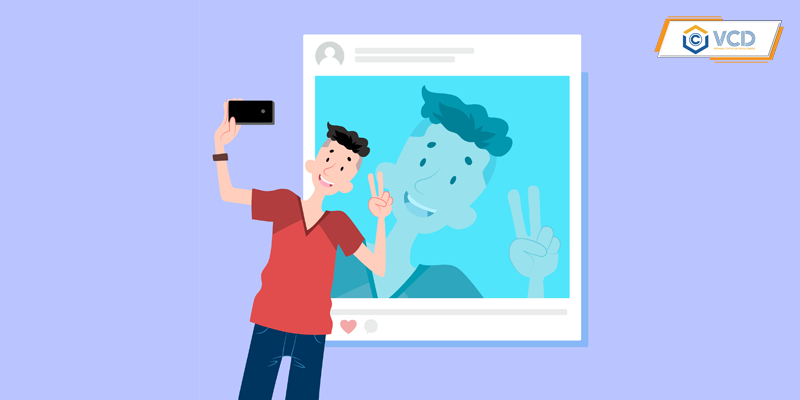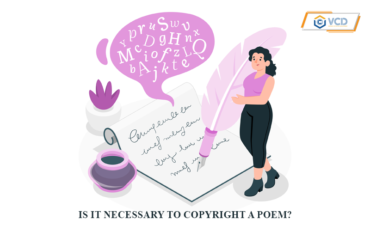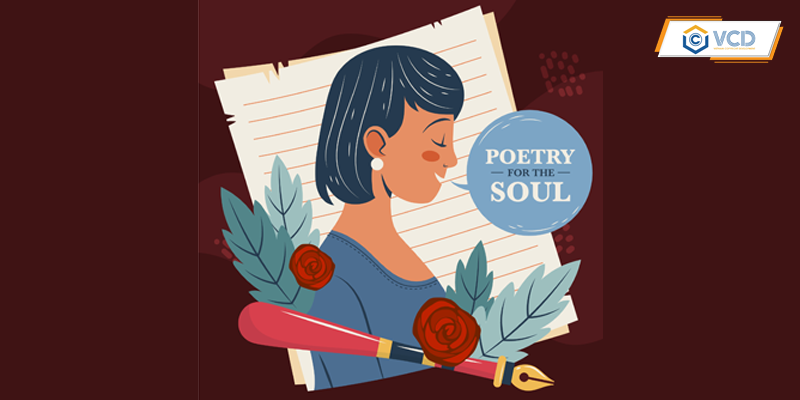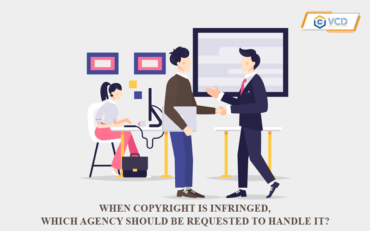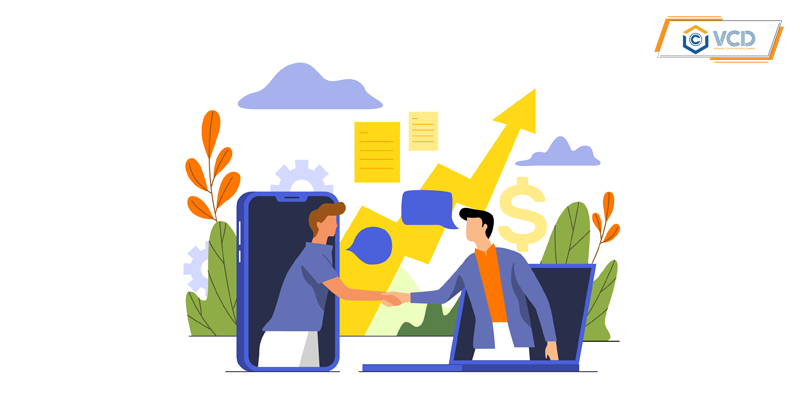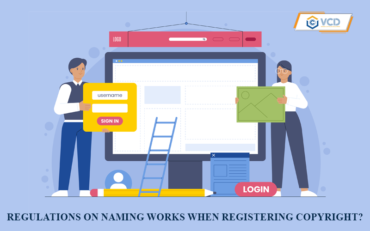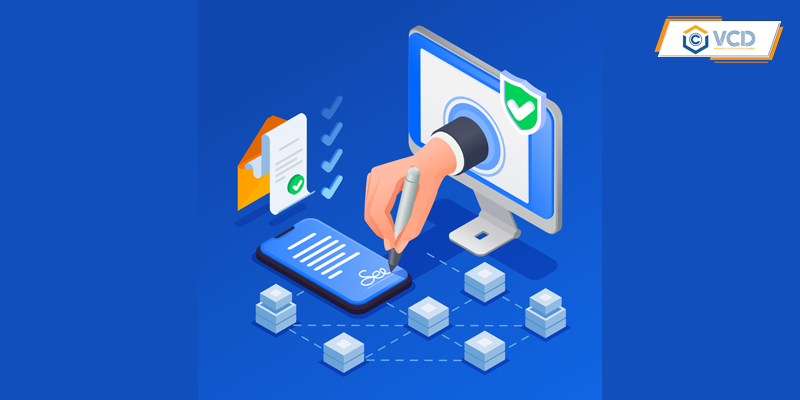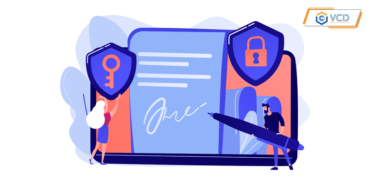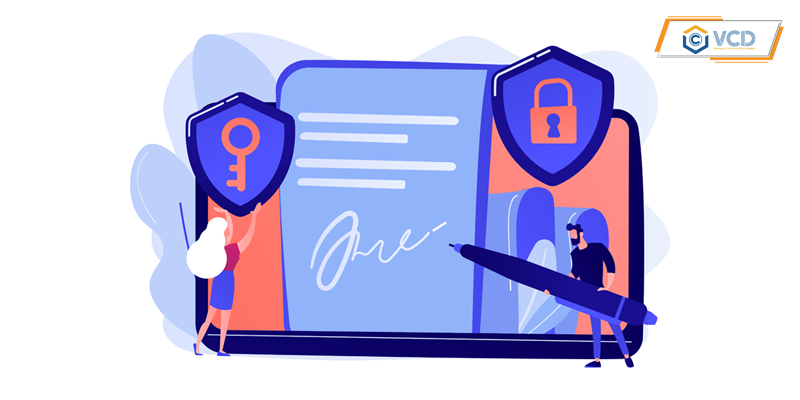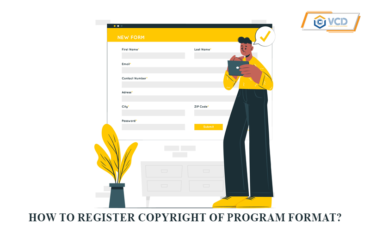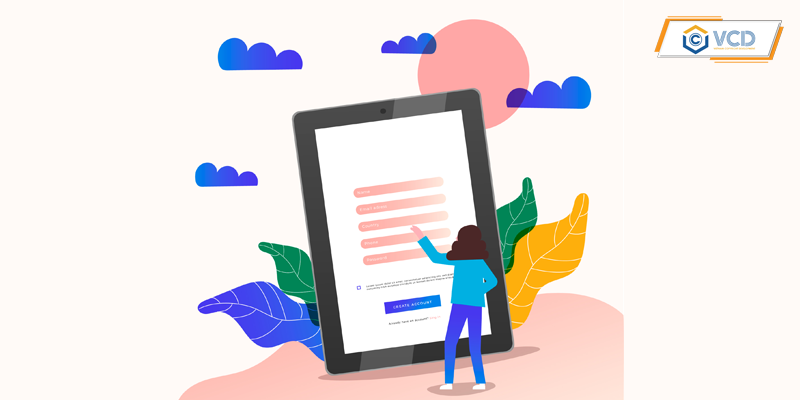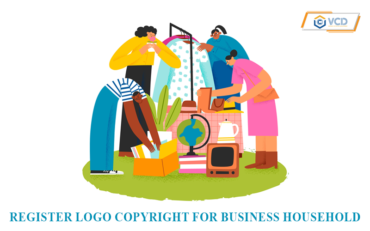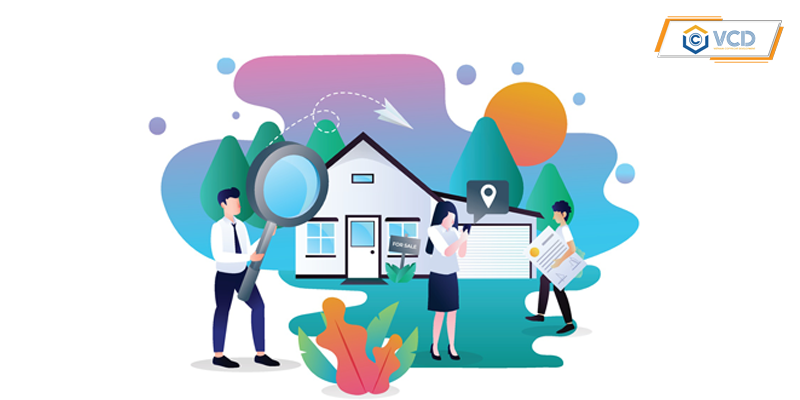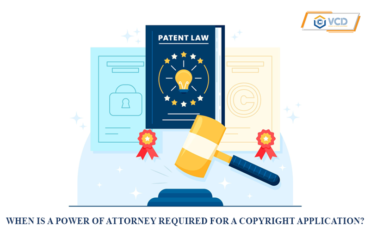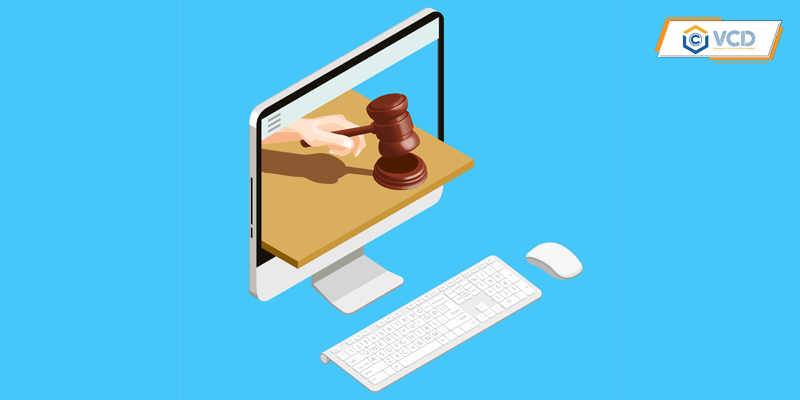What is the difference between ” copyrighted ” software and “open source” software?
In today’s technology world, software is classified into two main types: proprietary software and open-source software. Each type has its own characteristics, affecting how it is used, developed and protected by intellectual property rights. The following “ What is the difference between ” copyrighted ” software and “open source” software“ VCD article will help you understand better.
1. What are the concepts of “ copyrighted software” and “open-source software”?
“Proprietary software” is software owned by a specific company. It can be understood that it is not free (must be paid for) and is usually only available in binary or executable form, without source code to view or edit. Proprietary software is often released with a separate license, imposing many restrictions on how it is used. Sometimes you also have to pay to use the software or to have access to the source code.
“Open source” simply means that the source code of the software is made available for anyone to view and edit. Typically, open source allows anyone to contribute ideas and publish their modified versions so that others can access and continue to contribute. Most open-source software is built from contributions from many different programmers.
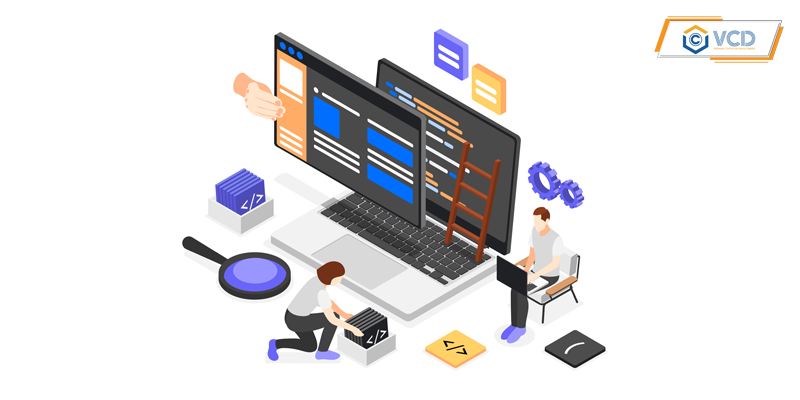
2. What is the difference between “copyrighted” software and “open source” software?
The basic differences between proprietary software and open source software are as follows: Proprietary software has characteristics such as closed source code, costs, support community depends on the management of the publisher, and poor customizability. Meanwhile, open source software has open source code, is completely free, has a large support community, good customizability and is more flexible than proprietary software.
“Proprietary” Software:
Advantages:
- Quality: Industry-leading software is often top-notch and thoroughly tested. When you invest in these programs, you can expect them to work reliably and provide most of the features you need for the job.
- Ease of use: Most proprietary commercial software is designed to be user-friendly. Even people with no programming knowledge can easily pick it up and use it without difficulty.
- Support: Proprietary software manufacturers often offer professional technical support. This is important when you run into problems, as you will receive quick and efficient help from a team of experts.
- Integration: Many proprietary software allow for good integration between products from the same developer. This makes it easy for users to work with different tools without running into compatibility issues. For example, Microsoft Office 365 and Microsoft Edge often work well on Windows.
Disadvantages:
- Cost: Top-of-the-line proprietary software can be expensive, and prices can vary depending on the features you need. You may have to pay for a service plan or subscription, along with future license renewal costs.
- Inflexibility: Because the software owner controls the source code, users cannot edit or customize it as they wish. This can result in waiting for updates from the developer without any guarantee of the features they need.
- Availability: Not all commercial software is compatible with every device or platform. For example, software that runs well on Windows may not work on macOS or Linux, and users may have to wait for the developer to release a compatible version for the new platform.
“Open Source” Software
Advantages:
- Cost: Most open source programs are free or cost much less than similar commercial software. This helps users avoid the registration or license renewal costs that proprietary software often requires.
- Community: Many open source software has a large community of users and developers who support development and modifications. This community is also helpful when you need help or troubleshooting.
- Customization: With open source, users can modify the software to suit their specific business needs. For example, WordPress is highly customizable with many available modifications.
- Flexibility: Not all open source software is compatible with all types of hardware. A program for Linux may not have a version for Windows. However, programmers can use the source code to develop a version compatible with the platform they want.
Disadvantages:
- Difficulty: Open source software is often not as user-friendly as commercial software. Inexperienced users may find it difficult to use and learn, with a steeper learning curve and fewer instructional resources.
- Support: The lack of paid technical support can make troubleshooting difficult. If the software does not have an active community, you will have to find solutions yourself, which can take longer than calling support for commercial software.
In conclusion, software copyright is mainly used by developers and owners of proprietary software to prevent unauthorized copying. Copyright owners are usually the creators of the work or businesses that have been assigned ownership. To protect their rights, they will register their software copyright to prove their legal ownership. VCD is a unit specializing in providing copyright registration services, supporting developers and authors to effectively protect their intellectual property.
Above is the article “What is the difference between “copyrighted” software and “open source” software?” that VCD sends to you. We hope this article is useful to you.
Sincerely,

